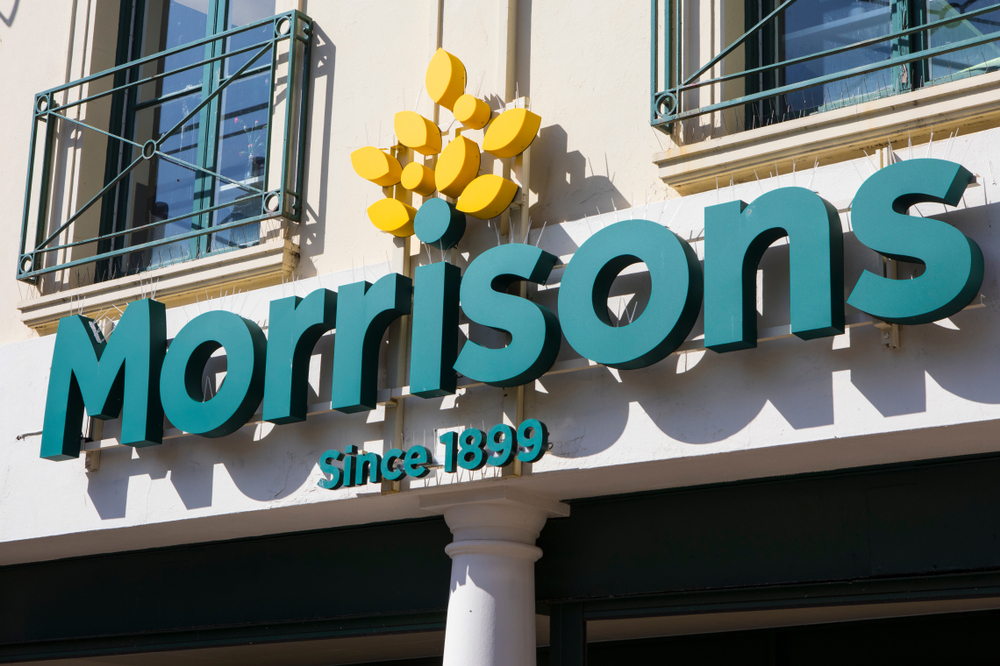Hackers don’t go on holiday over Christmas and consequently everyone needs to be more vigilant than usual during this busy time of year were individuals and businesses can be preoccupied.
The theft of data is is very much on the mind of hackers over the Christmas period as this considered to be a prime time where many transactions are undertaken on-line with bank and credit cards in particularly being targeted.
One of most common methods utilized is via Phishing which can occur as follows:-
1.Individuals can be tricked into sharing sensitive data by using a website that is not what it seems
2.Clicking on a dubious website link
3.Responding to an e-mail from a bogus sender.
Risk Management within a business and good cyber hygiene are key to preventing the loss of data and should be practiced at all times irrespective of the time of year.
Some examples of this is as follows:-
Ensure that the latest software patches are installed
Make sure passwords are strong and that they are not replicated by individuals and consider the use of a password manager.
Apply two factor authentiification as this provides and extra layer of protection
Outside of Work individuals should practice the following:-
Individuals should practice similar cyber hygiene and carry out the following :-
Be care when entering your debit or credit pin into a machine whether at a shop or withdrawing cash.
If you some reason you do not feel that things feel right do not go through with a transaction of your computer and check the legitimacy of a website.
Ensure that the website you are in is the actual website and not one that pretends to be the website.
Do not click on links from Facebook or other social media sites unless you know who they are from.
Ensure that your Wi-Fi is secure and password protected with your own password
Look to change the default passwords on new toys or devices that are connected to the internet to help avoid hackers accessing these.
The Human Factor plays a fundamental role in managing cyber risks http://cyberbrokers.co.uk/human-factor-cyber-risk/
Whether at work or at home the unpredictable factor of humans may well determine how safe or secure you are and is recognized as a major driver for cyber related losses.
The underlying message is that hackers are all around us and that we must have our wits about us as all times.






